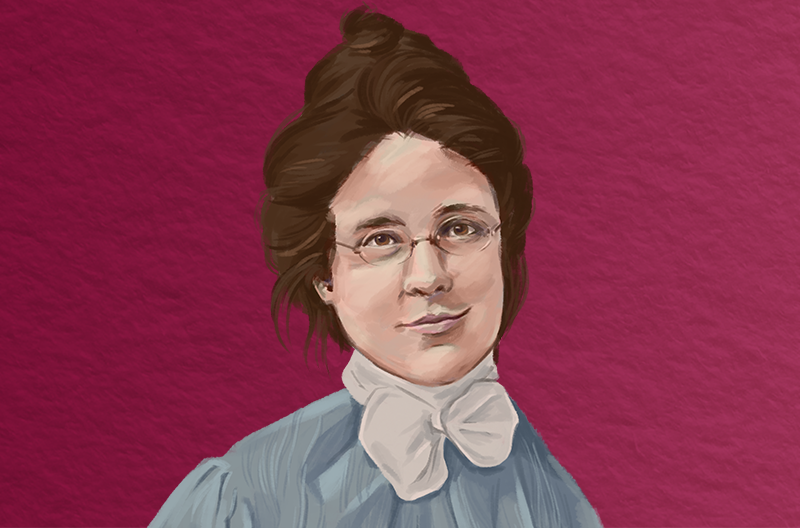The Rise Of The Myers-Briggs, Chapter 1: Katharine
A mother sets out to raise the perfect child.

 Science Diction is a bite-sized podcast about words—and the science stories behind them. Subscribe wherever you get your podcasts, and sign up for our newsletter.
Science Diction is a bite-sized podcast about words—and the science stories behind them. Subscribe wherever you get your podcasts, and sign up for our newsletter.
If you’re one of the 2 million people who take the Myers-Briggs Type Indicator every year, perhaps you thought Myers and Briggs are the two psychologists who designed the test. In reality, a mother-daughter team created the test essentially at their kitchen table. In this episode, we look at the unlikely origins of the Myers-Briggs, going all the way back to the late 1800s when Katharine Briggs turned her living room into a “cosmic laboratory of baby training” and set out to raise the perfect child.
In this three-part series, we uncover the strange history of the most popular personality test in the world, and how two women revolutionized personality testing—for better or for worse.
Read a transcript of this episode.
Merve Emre is a writer and English professor at the University of Oxford.
Read Merve Emre’s book, The Personality Brokers: The Strange History of Myers-Briggs and the Birth of Personality Testing.
This episode was produced by Johanna Mayer, Chris Egusa, and Elah Feder. Our music was composed by Daniel Peterschmidt, who also mastered the episode. Fact checking by Danya AbdelHameid. Audio of Isabel and Mary McCaulley was provided courtesy of Peter Geyer. Nadja Oertelt is our Chief Content Officer.
Johanna Mayer is a podcast producer and hosted Science Diction from Science Friday. When she’s not working, she’s probably baking a fruit pie. Cherry’s her specialty, but she whips up a mean rhubarb streusel as well.
Elah Feder is the former senior producer for podcasts at Science Friday. She produced the Science Diction podcast, and co-hosted and produced the Undiscovered podcast.
Christopher Egusa is a reporter and an Audio Engineering Fellow at KALW Public Radio.